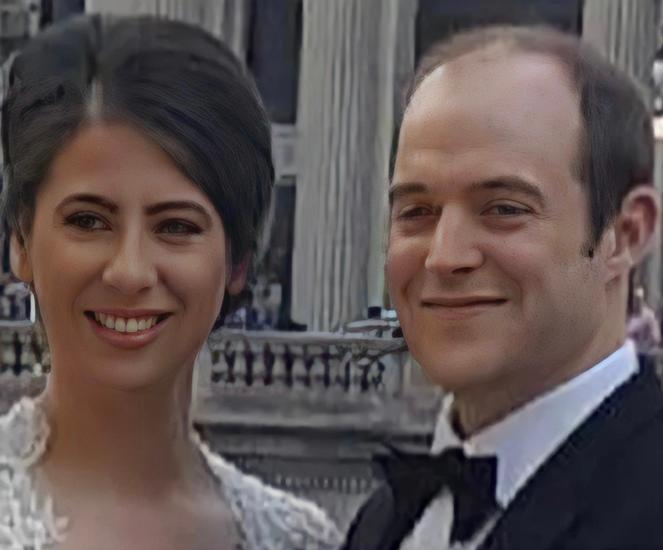I write this column on the day the Queen of England departs our shores and heads home, and two days before the President of the United States arrives here for a very brief 24 hour visit.
President Obama will meet our President Mary McAleese on Monday morning and will then travel to Moneygall, in County Offally from where his great, great, great, grandfather, Falmouth Kearney, emigrated to the USA in 1850.
As many Irish American readers will know, this was in the immediate aftermath of An Gorta Mór - the Great Hunger, just three years after Black 47 when hundreds of thousands died.
This was a time when within a decade an estimated two million citizens fled Ireland as a result of starvation or eviction, or hardship.
Later on Monday President Obama will speak to an expected huge crowd in College Green in the center of Dublin. It was here in December 1995 that President Clinton received a tumultuous welcome, in large part as a consequence of his critical role in the peace process.
And that's the lesson for Irish America. Sixteen years ago the strength of Irish America brought a U.S. president to Ireland to help inject much needed momentum into a peace process that was faltering.
That strength is still evidenced in the decision of President Obama to make this lightning visit.
And as Sinn Féin increases its efforts to right the historic wrong of partition we will need Irish America to use that strength again.
But now, after four days here, the British monarch has headed home. Sinn Féin was against the visit. We felt that it was premature.
Our country and our people are still divided. The British still claim jurisdiction over the North, even though this is now in a conditional way, and there remains many legacy and justice issues that are unresolved.
For all these reasons, Sinn Féin set out our concerns about the visit of the English queen at this time.
Nonetheless, mindful that the people of this island are on a journey out of conflict, and that unionists have a close affinity with the British monarchy, Irish republicans have sought to be constructive in how we responded to this event. I have also expressed my hope that some good will come from it.
For my part, I believe that the expression by the Queen of England of sincere sympathy for those who have suffered as a result of the conflict is genuine, and I welcomed that.
Many victims and victims' families will expect her government to now act on that as quickly as possible and to deal with legacy issues, particularly those involving British state forces and collusion, in a forthright manner.
There were also a number of important symbolic gestures during this visit. The laying of a wreath in the Garden of Remembrance at the memorial to the men and women who died for Irish freedom was one of these, not least because many of the heroes remembered there were executed by British crown forces. The laying of the wreath was a recognition that they fought in a just cause.
The Irish government and the other political parties in this state know that their sacrifices were not for a partitioned Ireland, or a 26 County Republic, though they rarely admit it.
The peace process made these two visits doable. It has created the space in which the opportunity of a different kind of relationship between the people of this island, and between Ireland and Britain has been made possible.
The challenge is to ensure that this is built upon and that reconciliation gestures, though important in themselves, do not become substitutes for real political action and positive change.
In practice that means there is an outstanding need for the Irish and British governments to honor their obligations and guarantee full implementation of all the terms of both the Good Friday and St. Andrews Agreements.
The Irish government and the British government have spoken a lot in recent days about new beginnings and that is also welcome.
However, the British government has thus far steadfastly refused to release files on the Dublin and Monaghan bombings. These occurred in May 1974 and 34 citizens were killed as a result of bombs planted by the loyalist Ulster Volunteer Force in collusion with British security agencies.
Prime Minister Cameron needs to act on this issue on the terms outlined by the families of victims of these attacks.
This is an opportune time for Irish government to plan for the future in partnership with our unionist friends for a new Ireland, for genuine national reconciliation and healing across this island, and for Irish unity.
This means having a real, inclusive national conversation about the future of our island including the need to bring all of our traditions together and building a better future for all the people of this island. This, along with building the peace, is the work of practical patriotism. It is work for us all to be getting on with.
So the visit by the Queen of England to this part of Ireland has to be seen as part of a journey. It is a page in a book - not the end of that book. We need to continue that journey, and to write the next chapter of that book









